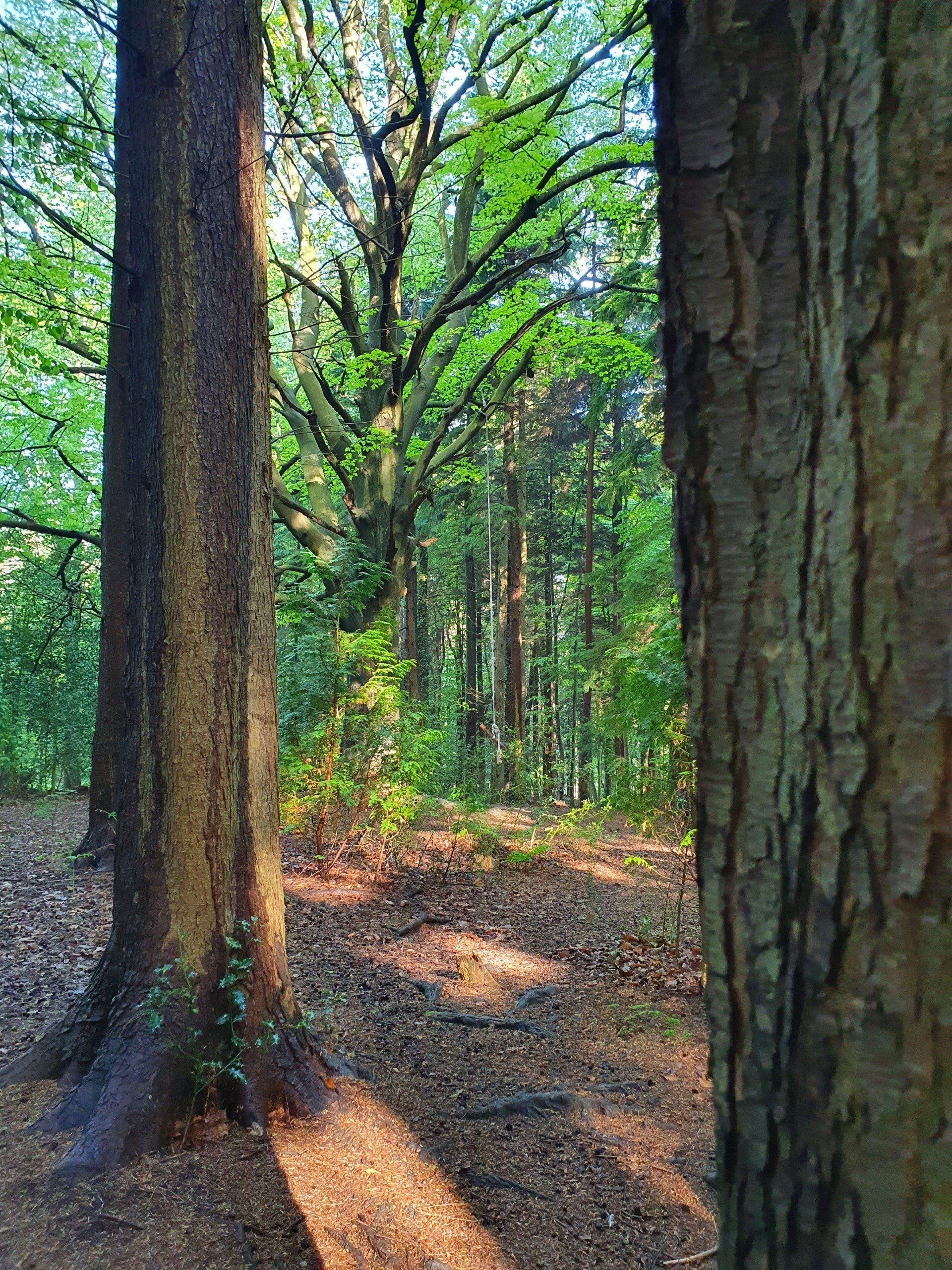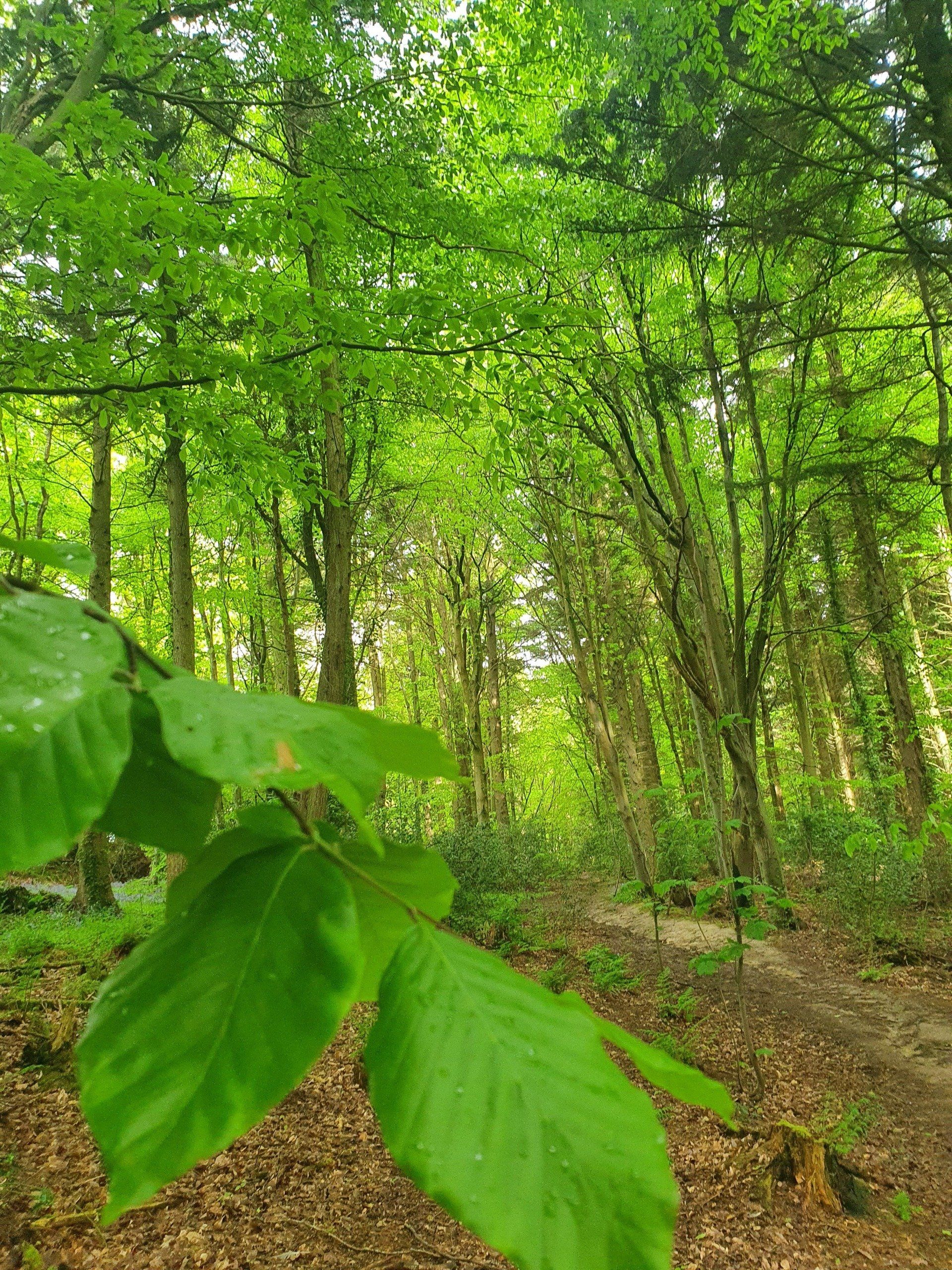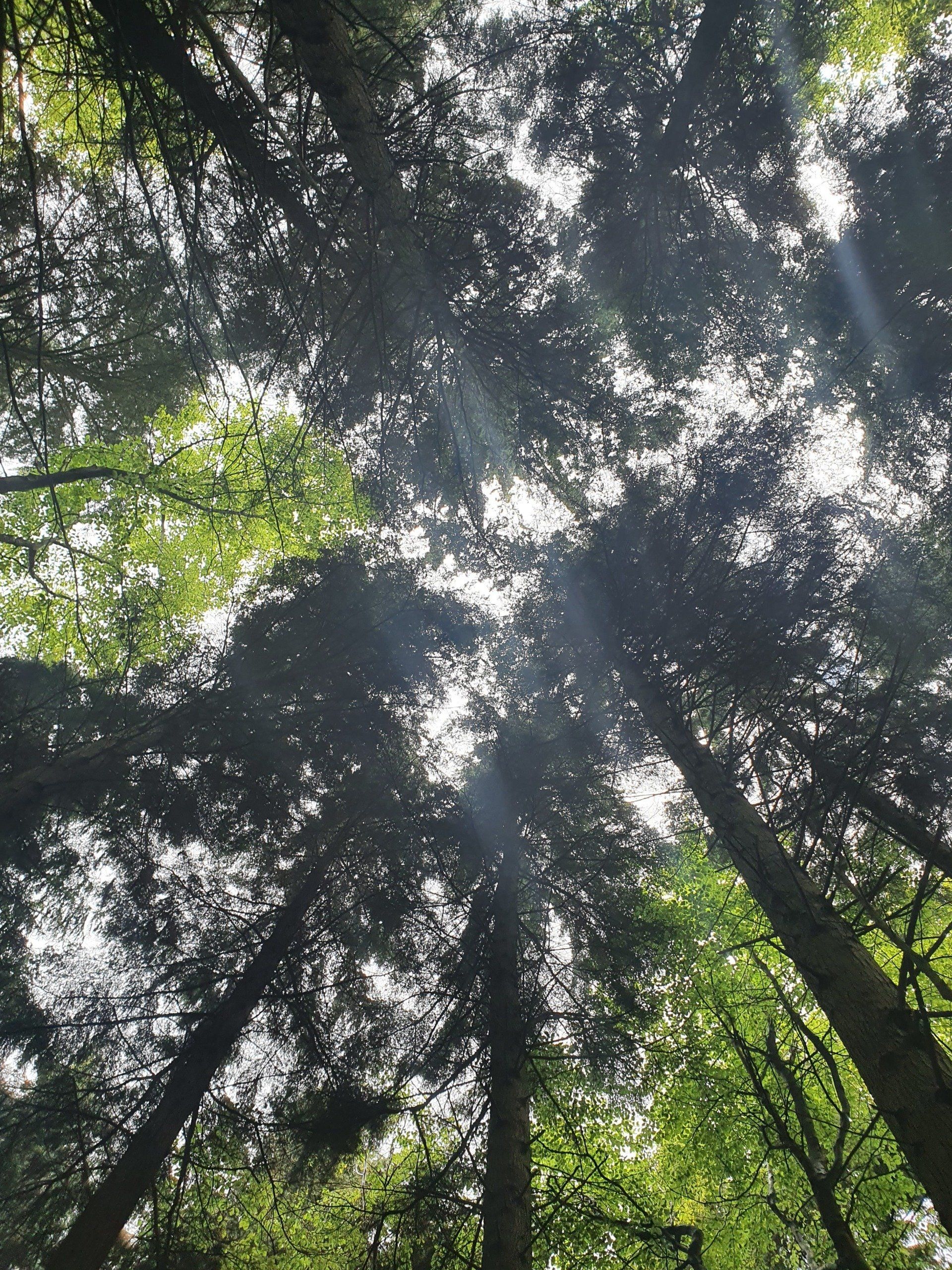Walk & Talk therapy is a type of therapy that takes place outdoors rather than in a counselling room.
To establish if outdoor therapy is for you, I will outline to you the benefits of this kind of therapy and the reasons I choose to work in this way.
The most recent research conducted by the Mental Health Charity “Mind” outlined that on average 120 minutes a week in the outdoors improved participants mental health by a staggering 94%.
The amount of time we spend in nature is proven to be more beneficial for our mental health than physical! Why is that? When we take a walk in nature, there are physical and psychological factors that change straight away, firstly there is a great sensory influence from the “real“ world – the sounds, sights, smells and sensations. We begin to notice our surroundings in the present moment “here and now” which bring mindfulness into our awareness. We become more in tune with our body, pace we walk, texture of the ground under our feet, temperature changes, tone of our voice or the sound of silence when we observe our surroundings.
Sometime people become stuck or overwhelmed in the boundaries of indoor therapy settings, directly facing the therapist with no outlet for the intense physical expressions that the emotions trigger. Having sessions outdoors changes the dynamic of the relationship, firstly we are not meeting in the office, there is no prescriptive 'sit in the chair moment', this brings more balance into the relationship where we are both on equal terms in a natural open space, you can lead the pace of the walk, choose a route and direction.
When we are outdoors, we can express ourselves in a way that we can't do in the room, we can stamp our feet, speak louder, become animated with our gestures and expressions, there is a sense of space and freedom which enables us to dive deeper into self-reflection. My input in the sessions will be as much or as little as you wish, my part is both physical and psychological, I can add my therapeutic knowledge to help you with your concerns or you can let it all out while I simply walk beside you.
Being outdoors enables greater blood flow to your brain bringing more oxygen which in turn reduces the stress hormone cortisol, we become noticeably more relaxed and less hyper-alert. There is something in the environment that helps our nervous system unwind. Woodland offers a unique restorative experience of regaining balance and escape from the pressure of everyday life.
For many people nature can be a grounding experience, making one feel more alive. When we are more open and more relaxed, this helps us access deeper parts of ourselves and our emotions that we often don't have the opportunity to experience otherwise.
Although the outdoor therapy is different there are still some similarities with indoor sessions; we agree location, time, date, fee and length of sessions during our first meeting. We will talk about issues that arise during walking in open spaces such as coming across other people on our walk, your physical needs, safety and confidentiality. It’s important for me to be mindful of safety for myself and the people I work with, this means that we will always walk in a safe and open route near where I am based at Battle Great Woods.

Slide title
Write your caption hereButton
Slide title
Write your caption hereButton
Slide title
Write your caption hereButton
Slide title
Write your caption hereButton
Slide title
Write your caption hereButton
Slide title
Write your caption hereButton
Slide title
Write your caption hereButton
Slide title
Write your caption hereButton
Slide title
Write your caption hereButton
Slide title
Write your caption hereButton
Slide title
Write your caption hereButton
Slide title
Write your caption hereButton
“Indoors, we tend to use only two senses, our eyes and our ears. Outside is where we can smell the flowers, taste the fresh air, look at the changing colours of the trees, hear the birds singing and feel the breeze on our skin. And when we open up our senses, we begin to connect to the natural world.”
“Because we evolved in nature, we have a biological need to connect with it. We love nature because we learned to love the things that helped us survive. We feel comfortable in nature because that is where we have lived for most of life on earth. We are genetically determined to love the natural world. It is in our DNA.”
'Into the Forest' by Dr Qing Li